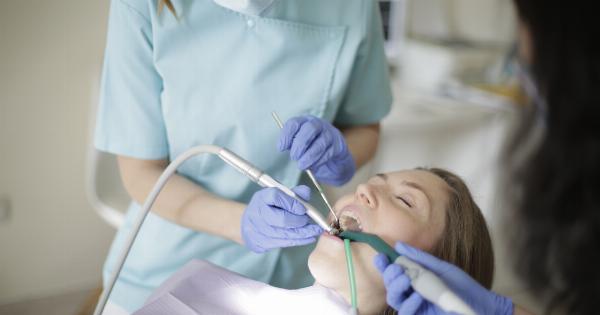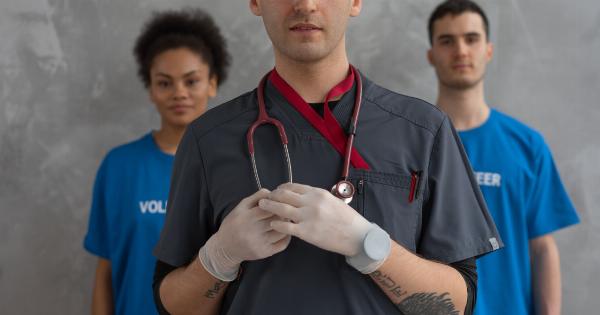In critical situations, every decision and action has the potential to impact the well-being and recovery of patients. Medical professionals must exercise caution and prioritize patient safety above all else.
This article highlights four things that healthcare providers, caregivers, and loved ones should refrain from to protect the patient’s best interests.
1. Relying on assumptions or limited information
When dealing with critical situations, it is essential to base decisions on accurate and comprehensive information. Relying on assumptions or incomplete data can lead to incorrect diagnoses or treatment plans that may harm the patient.
Healthcare professionals must gather as much relevant information as possible and rely on evidence-based practices to make informed choices.
2. Neglecting communication and collaboration
Effective communication and collaboration among the medical team, caregivers, and loved ones play a vital role in ensuring the best possible outcome for patients.
In critical situations, it is crucial to share information, discuss treatment plans, and address concerns openly. Neglecting communication or failing to involve relevant parties can lead to misunderstandings, errors, and compromised patient care.
3. Making assumptions about the patient’s wishes or values
Respecting the autonomy and dignity of patients is paramount, even in critical situations where they may not be able to voice their preferences.
Assuming what the patient would want without proper knowledge or understanding of their values can lead to inappropriate decisions. Healthcare providers should involve the patient’s family or designated decision-makers, discuss advanced directives if available, and prioritize the patient’s previously expressed wishes.
4. Neglecting self-care and emotional support
In critical situations, healthcare providers, caregivers, and loved ones often focus solely on the patient’s physical well-being, neglecting their own needs.
This approach can lead to burnout, emotional exhaustion, and compromised decision-making abilities. It is essential for everyone involved to prioritize self-care, seek emotional support, and take breaks to effectively support the patient.
Conclusion
In critical situations, the well-being and recovery of patients depend on the actions and decisions made by healthcare professionals, caregivers, and loved ones.
By refraining from relying on assumptions, prioritizing communication and collaboration, respecting the patient’s autonomy, and prioritizing self-care, individuals can contribute to the overall safety and improvement of patient outcomes. Striving for comprehensive and patient-centered care should always be the primary focus.






























